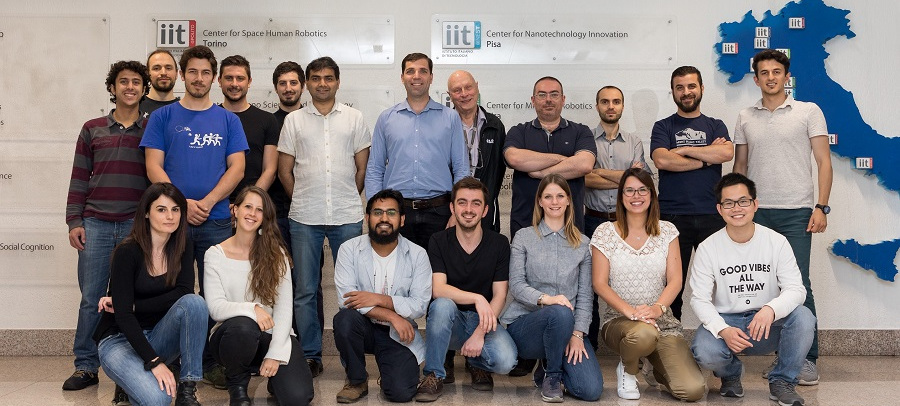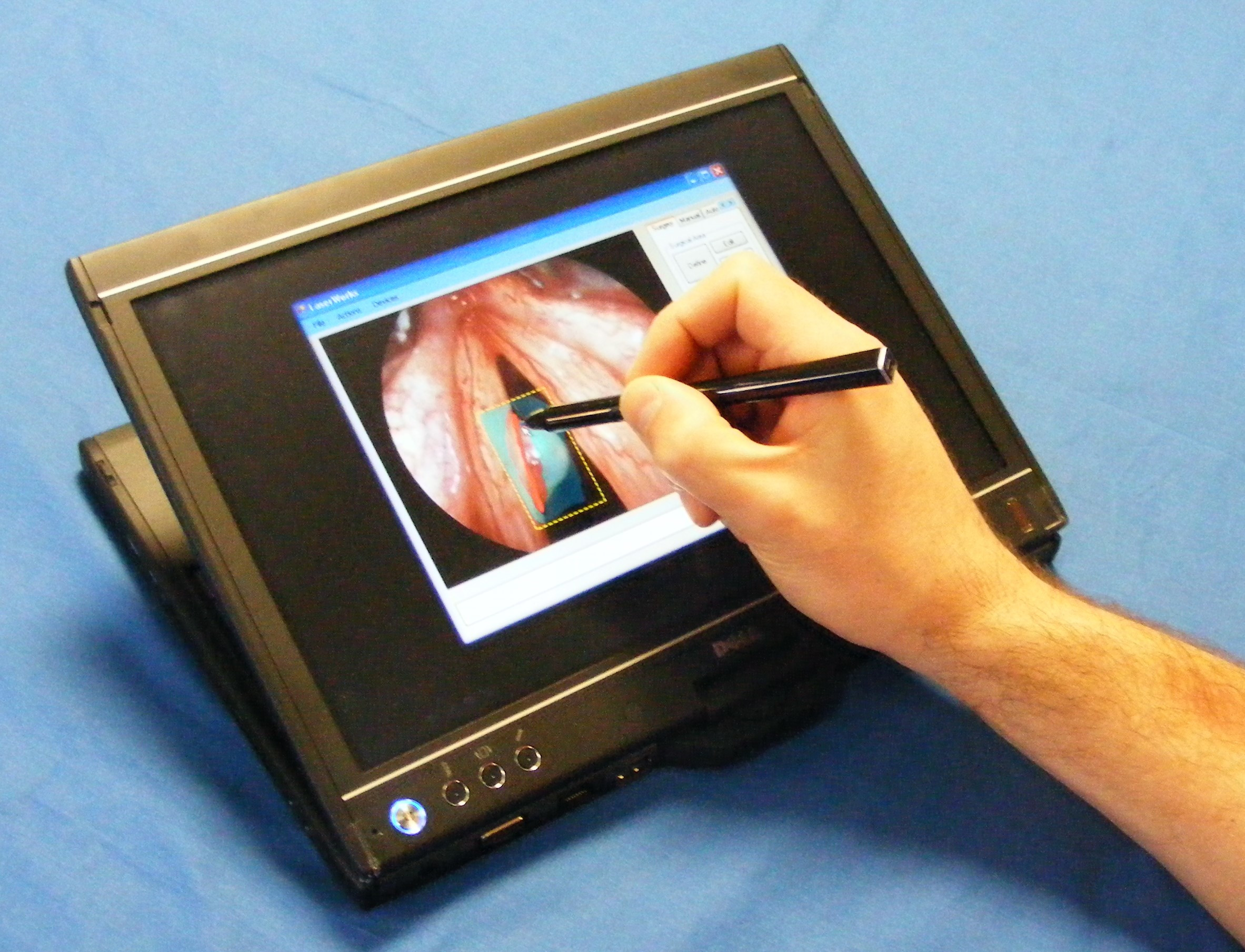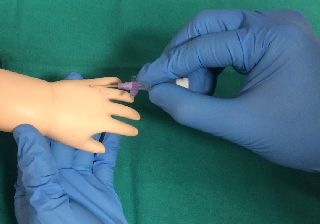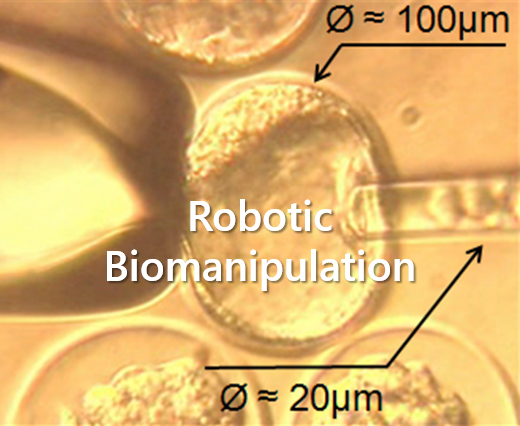We are a highly multidisciplinary group dedicated to the creation of novel technologies that can directly impact the health and well-being of people.
The laboratory has a wide expertise on robotic microsurgery, robot-assisted laser surgery, micromanipulation, human-machine interfaces, endoscopic image processing, stereo vision, augmented reality, biosignals acquisition and processing (EEG, EMG, GSR, etc), and systems integration.
The activities of the Biomedical Robotics Laboratory are devoted to study and to design intelligent interfaces and mechanisms for real applications, especially related to disease diagnosis and surgery, assisted communications, teleoperation, biomanipulation, and general healthcare. These areas are investigated both under theoretical and applied perspectives, and involve highly multidisciplinary collaborations with surgeons, neuroscientists, biologists and physicists to tackle real problems through advanced robotic solutions.
Our overarching research theme can be defined as assistive systems for augmented control. This represents well a fundamental objective behind our research projects, i.e., the development of novel technologies to assist and augment controllability in activities that are normally beyond human capabilities. This includes situations in which the user is constrained by disabilities or have to operate in challenging environments (e.g. microsurgery).




